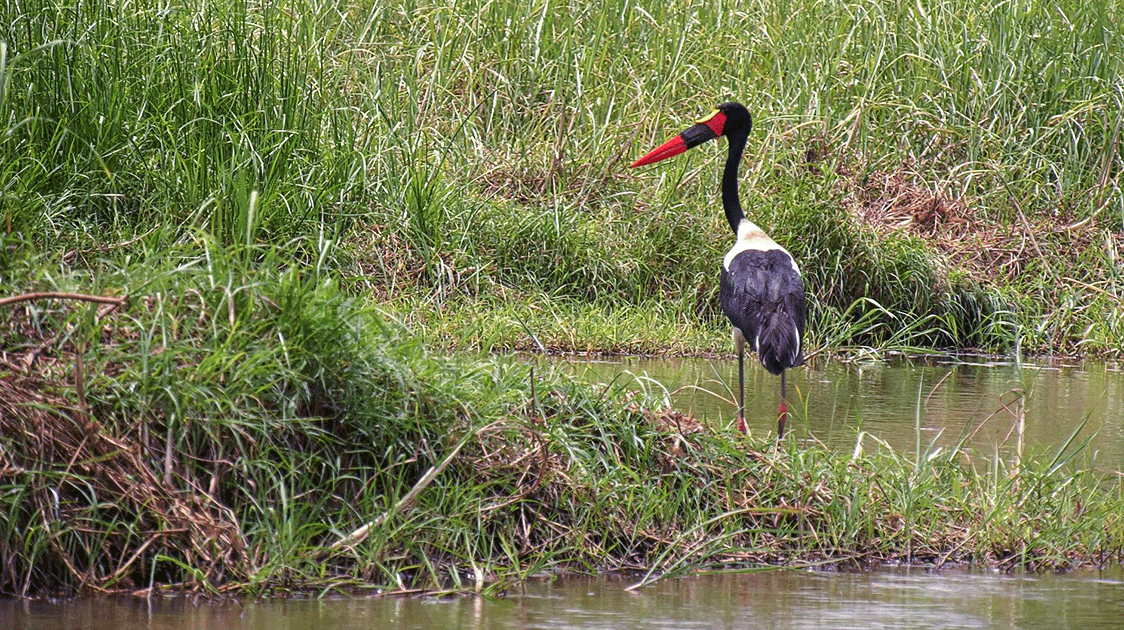The Importance of Participation

By Ian Cox
We all know how important the right to vote is, right? If asked, we will all probably reply that the right to vote in free and fair elections is what makes our country a democracy.
However, how many South Africans realise they would only be half right and that our democracy rests on two legs rather than just one? I suspect not that many.
If the right to choose our government is the one leg that keeps our democracy upright and stable, the other is the right we all have to participate when the government makes laws.
The Constitutional Court describes this well in the Doctors for Life case. The key passage is in paragraph 115 of the judgement, but in short, ongoing public participation strengthens democracy, builds trust in government, and restores human dignity.
We get to exercise this important right to participate because the government must publish draft legislation and regulations for comment before it is made law.
This is in addition to workshopping the law with stakeholders before and after the law is published for comment.
Basically, the government must notify the public of the proposed new law by publishing the notice in the Government Gazette and at least one national newspaper.
The notice must also contain sufficient information to enable the public to comment meaningfully thereon. The public then has a period, normally 30 days, within which to respond. Provision must be made to take oral representations if the proposed law affects people with limited writing skills.

It's pretty straightforward, you would think. You would be wrong. Environmental authorities routinely publish notices that only set out the law. No additional information or context is supplied.
Thus, the public does not know, for example, why a particular species is to be declared invasive, why a species must be listed as protected, or even how an activity came to be listed as having a significant environmental impact.
To make matters worse, they often do so despite complaints from the public that insufficient information has been provided.
Sometimes, I suspect quite a lot of the time, the notice is also not published in a newspaper.
No big deal, you might think. After all, we are used to government riding roughshod over us. At least the government went to the trouble of engaging with stakeholders.
The government has also published the draft for comment. It used to be much worse, so be grateful for what you have.
Environmental authorities would agree with you. They point to the fact that proposed laws are "science-based" and often follow a process of extensive stakeholder engagement before they are published for comment.
The government argues that this is good enough and that if there has been any transgression, it was unintentional or immaterial.
Our courts do not agree. According to our courts, when you mess with these rules, you are messing with something as important as the right to vote. So it should not be surprising that court after court, all the way up to the Constitutional Court, is throwing laws out because the government did not obey these simple rules.

The Rhino Horn Moratorium was declared invalid for this reason. It was also why the Restitution of Land Rights Amendment Act, which purported to reopen the land claim process, was declared invalid.
Who knows how many other environmental laws are similarly affected? I think that it is a lot. In fact, I believe we have a bit of a crisis on our hands.
I also think that, while it might have been possible to deal with this crisis systemically, this is no longer the case today. I think the crisis has gone beyond its tipping point. If I am right and if our environmental authorities do nothing to address the issue, then I think we are going to see:
1. Rapidly declining trust in our environmental authorities' integrity and a decline in their effectiveness as environmental managers.
2. Increasing levels of bad behavior by people emboldened by the idea that they can get away with it.
3. A rise in the practice of one-off deal-making rather than systematic and principled environmental management.
None of this augers well for our environment or South Africans' long-term health and well-being.
(Ian Cox is an attorney practising in Durban, South Africa. He earns his living as a commercial lawyer but, in his free time, works to defend and uphold the Constitution in the environmental space.3. A rise in the practice of one-off deal-making rather than systematic and principled environmental management. He has also been involved in defending initiatives to allow poor communities greater access to South Africa’s freshwater fishing resources.)




